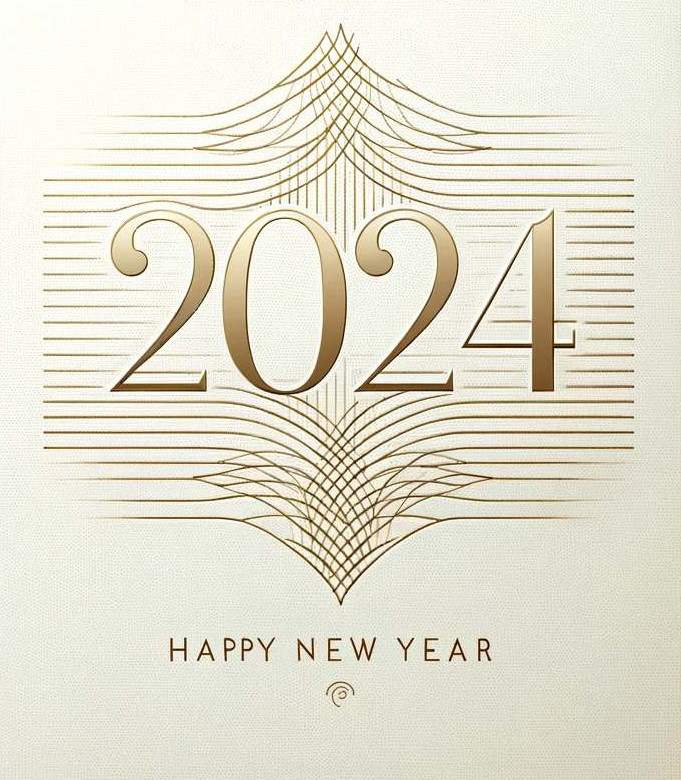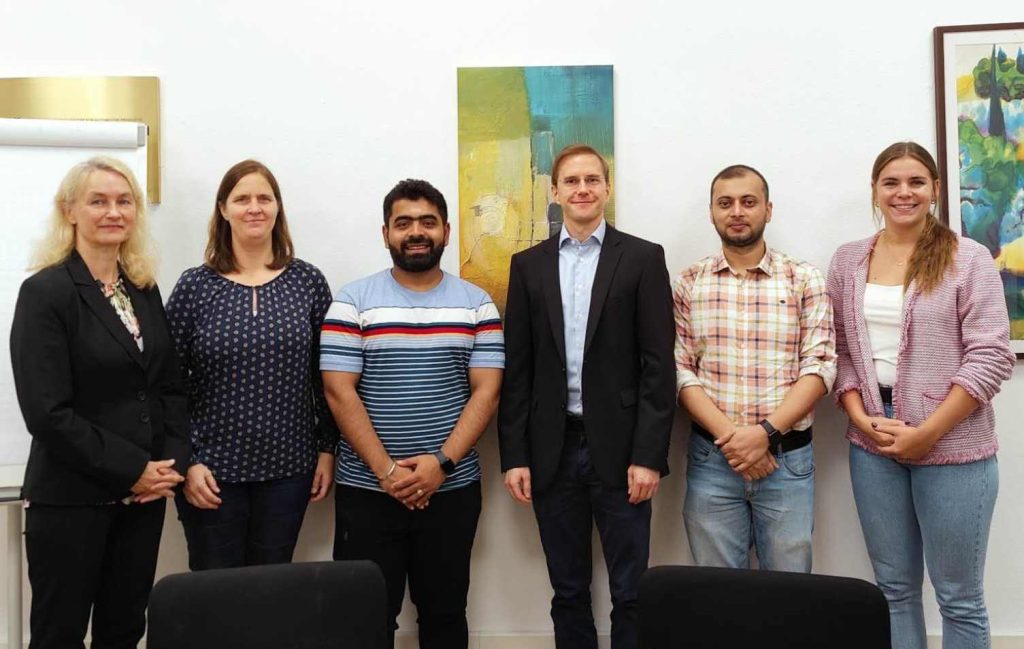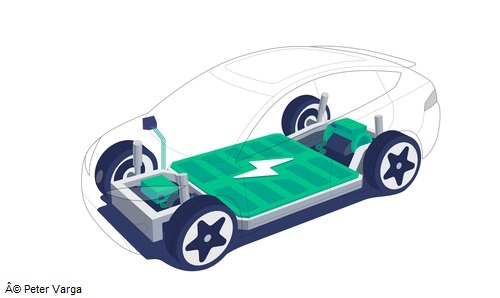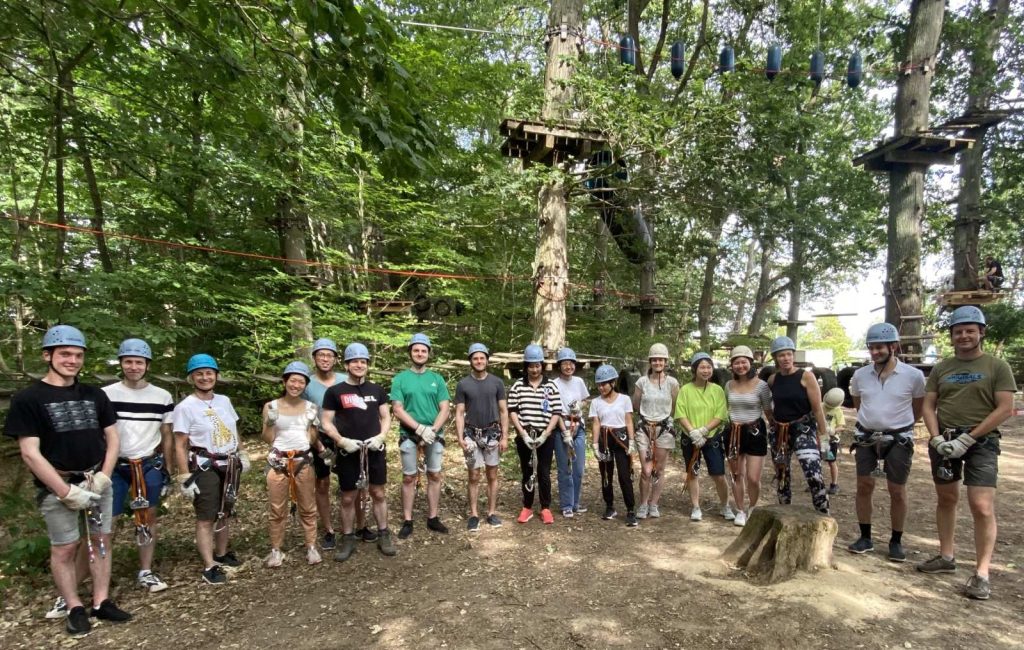MPR International – Product Certification Experts
MPR International GmbH is a trusted partner for product certifications in China, India, Korea, and Japan. Founded in 2005, MPR simplifies market entry offering services for certifications such as CCC certification for China, BIS certification for India, and KC certification for Korea, PSE certification for Japan, vehicle homologation, product tests and factory inspections. The headquarters of MPR International is in the global financial hub Frankfurt, Germany where more than 20 highly skilled experts support clients worldwide. In 2012 MPR also founded its subsidiary in the USA and supports clients from North America, Central America and South America. From 2024, MPR International is part of the CERTANIA Group – a leader in Testing, Inspection and Certification with over 1,600 employees and extensive testing capacities.

MPR International GmbH provides comprehensive support to facilitate product certifications through personalized consultation with our experienced advisors. MPR assess certification requirements of products, guides through certification processes and assists with document preparation. With long-term relationships with the relevant authorities and test labs, MPR handles all communications on behalf of their clients.
MPR also manages all necessary product testing and provides expert guidance on proper product labeling to meet regulatory standards, as well as organize and oversee follow-up certifications. MPR also informs their clients regularly about product-specific regulatory changes. MPR helps to achieve significant time and cost savings by streamlining these processes and minimizing potential delays or complications. MPR’s goal is to make the certification process as seamless and efficient as possible, ensuring successful and timely market entry in China, India, Korea and Japan.
India’s Tablet Market Soars in Q2 2024 with Samsung Leading
India’s tablet PC market, which includes both detachable and slate models, saw a significant year-on-year growth in the second quarter of 2024, reaching over 1.80 million units. This represents a remarkable increase of more than 127% compared to the same period in 2023, when 808,000 units were shipped. The surge is attributed to the fulfillment of the Uttar Pradesh education manifesto deal and unusually low shipments in the commercial segment in the second quarter of 2023. Samsung dominated the market with a 48% share, leading both the commercial and consumer segments, driven by strong participation in public sector education projects and a focused push on online sales. Electronics usually require BIS certification in order to be approved for import and sale in India.

Acer followed Samsung with a 23% market share, reporting the highest year-on-year growth as its shipments jumped to over 435,000 units in the June 2024 quarter from around 25,000 units a year earlier. Apple held a 9% share, with shipments increasing to 176,000 units, while Lenovo and Xiaomi had shares of 6% and 4%, respectively. Notably, the slate tablet market grew by 178% year-on-year, while the detachable tablet segment saw a 23% increase.
If you are interested in understanding what requirements are needed for your product to be imported into India, please do not hesitate to contact us by email or phone (Europe: +49-69-271 37 69 261, US: +1 773 654-2673). If a certification need is discovered we can provide a quotation to make sure that all your certification needs are covered.
If you have any questions you can also use our chat-window in the bottom right. (Please check your browser settings if you can’t see the window)
For more information about BIS certification, please refer to our free brochure “BIS Certification Made Easy“.
Mahindra & Mahindra to launch five-door ‘Thar ROXX’ SUV
Mahindra & Mahindra Ltd. is set to launch its highly anticipated five-door SUV, the ‘Thar ROXX,’ on August 15. This new model is expected to build upon the established Thar brand, offering customers a blend of luxury and adventure, aligning with the ‘Thar lifestyle.’ Automotive products like the Thar ROXX typically require AIS Certification to be approved for import and sale in India.

Veejay Nakra, President of the Automotive Sector at M&M Ltd., emphasized that the ‘Thar ROXX’ combines distinctive design, premium features, advanced technology, enhanced performance, and a high level of sophistication and safety. Retaining the core attributes of the iconic Thar, the new model is designed to embody the personality of a rockstar, potentially disrupting the SUV category. The ‘Thar ROXX,’ expected to include more features than the existing three-door version, will likely be available in both petrol and diesel variants.
If you are interested in understanding what requirements are needed for your product to be imported into India, please do not hesitate to contact us by email or phone (Europe: +49-69-271 37 69 261, US: +1 773 654-2673). There is no cost or obligation for us to check for you. If a certification need is discovered we can provide a quotation to make sure that all your certification needs are covered.
If you have any questions you can also use our chat-window in the bottom right. (Please check your browser settings if you can’t see the window)
You can also check out our free AIS-Brochure, which can be downloaded right here as a PDF file.
Louis Gogger is new Managing Director of MPR International GmbH
Frankfurt am Main – Louis Gogger took over the position of Managing Director of MPR International GmbH on March 1, 2024. Louis Gogger was previously Country Manager India and was largely responsible for the company’s market entry in the fast-growing and promising Indian market.

“Louis Gogger has demonstrated outstanding leadership skills and a deep understanding of the dynamics of international markets. He has a clear vision for MPR International and will be able to significantly strengthen the momentum of our development,” says Julian Busch, who has been the sole managing director to date, commenting on this strategically important decision.
Louis Gogger joins the company with the aim of opening up new sales markets and further developing the company’s service portfolio. “The demand for certifications has increased significantly among German and European manufacturers over the past two years, especially for India and South Korea. We are also noticing a dynamization of the approval regulations and test requirements on the part of the authorities, which also requires the professionalization of certification projects. For OEMs and suppliers, as well as exporters, the need for professional advice is becoming increasingly clear,” he says, referring to the significant increase in sales that the company has recorded.
The increasing consideration of sustainability and environmental aspects is also accelerating the increase in approval requirements in the Asian markets. MPR International will therefore adapt its personnel and region to these requirements in order to secure its market leadership for Asian certifications in the long term.
Indian authorities close at Turn of the Year 2023/2024
During the Christmas period and the transition from 2023 to 2024, various Indian authorities and certification bodies will be closed. These closures will affect New Year’s Day and the following day January 1st and 2nd, 2024.

MPR International GmbH will remain at your side for your certification needs during this time. If you would like to have your products checked for requirements such as AIS, BIS, WPC, TEC or PESO , please do not hesitate to contact us between the holidays, either by phone or e-mail.
Please do not hesitate to contact us for further details and advice. You can contact us by email or call us at +49692713769261.
For direct questions you can also use our chat window in the bottom right corner. (Check your browser settings if you cannot see the chat window).
MPR International GmbH wishes you a successful New Year 2024!
Update on implementation and deadlines for QCOs for footwear for BIS certification in India
As part of the mandatory BIS certification for footwear, starting July 2023, the Bureau of Indian Standards (BIS) clarifies the implementation of Quality Control Orders (QCOs) for various footwear products, including sandals, slippers and Hawaiian chappals. These QCOs fall under the “All-Rubber and all Polymeric material and its components (Quality Control) Order, 2022,” and the “Leather and other materials (Quality Control) Order, 2022.” These QCOs became effective on July 1,2023.

The publication notes that manufacturers will be given an additional six months for certain products with recently revised standards, extending the compliance deadline to December 31, 2023. The products with the revised standards and the respective deadlines for compliance with the standards are as follows:
- Rubber Hawaii Chappal (IS 10702:1992)à The deadline for compliance with the revised IS 10702:2023 standard has been extended to December 31, 2023.
– - Rubber Slipper (IS 11544:1986)à The compliance date for rubber slippers has been extended to December 31, 2023.
– - Sandal and Slipper (IS 6721:2023)à The deadline for compliance with the revised IS 6721:2023 standard has been extended to December 31, 2023.
– - PVC Sandals (IS 6721:1972)à The compliance deadline remains July 1, 2023 for PVC sandals manufactured by injection molding. For sandals made of materials other than PVC, such as polymers (TPR/EVA/PU/TPU), the deadline for compliance with the QCO standard is extended to January 1, 2024, regardless of whether they are fully molded or composite.
In addition, the implementation deadlines for quality control orders for various footwear products are clarified and the deadlines for compliance with the revised standards for certain products made of materials other than rubber or PVC are extended.
If you are interested in understanding what requirements are needed for your product to be imported into India, please do not hesitate to contact us by email or phone (Europe: +49-69-271 37 69 261, US: +1 773 654-2673). There is no cost or obligation for us to check for you. If a certification need is discovered we can provide a quotation to make sure that all your certification needs are covered.
If you have any questions you can also use our chat-window in the bottom right. (Please check your browser settings if you can’t see the window)
For more information about BIS certification, please refer to our free brochure “BIS Certification Made Easy“.
Bureau of Indian Standards (BIS) visits MPR in Frankfurt
On October 24, 2023, representatives of the Bureau of Indian Standards (BIS) from New Delhi visited MPR International GmbH in Frankfurt am Main. There was an intensive exchange between representatives of BIS and the Managing Directors of MPR Verena Numssen and Julian Busch.

The new strategic approaches of BIS were discussed, in particular the expansion of the regulations for the ISI Mark, which is awarded in the course of BIS ISI certification for India.
In recent months, numerous Quality Control Orders (COO) have been published and new products have been added to the catalog of products requiring BIS certification.
These include footwear, steel products, chemicals, textile products and aluminum products.
Details on factory audits, which may only be carried out by BIS auditors from India, were also discussed.
In addition to new certification regulations and information on factory audits, the approach of Indian customs, which receives intensive training from BIS to ensure that no non-certified products and raw materials without an ISI mark can be imported into India, was also discussed in more detail.
MPR International supports numerous customers in obtaining their BIS-ISI certificates and BIS-CRS certificates.
If you are interested in understanding what requirements are needed for your product to be imported into India, please do not hesitate to contact us by email or phone (Europe: +49-69-271 37 69 261, US: +1 773 654-2673). There is no cost or obligation for us to check for you. If a certification need is discovered we can provide a quotation to make sure that all your certification needs are covered.
If you have any questions you can also use our chat-window in the bottom right. (Please check your browser settings if you can’t see the window)
For more information about BIS certification, please refer to our free brochure “BIS Certification Made Easy“.
India’s Surge in Electric Vehicle Adoption
The Ministry of Road Transport & Highways recently released data showcasing a significant uptick in electric vehicle (EV) registrations. From a modest 130,254 EVs in 2018, the numbers have skyrocketed to 847,439 by 2023, indicating a growing preference for sustainable transportation. EVs and EV-specific components can be subject to AIS-certification, BIS-certification, and Battery Waste Management regulations in India.

To support this momentum, the government has been proactive and launched the “Faster Adoption and Manufacturing of (Hybrid &) Electric Vehicles in India” (FAME India) Scheme. The FAME India Scheme emphasizes the electrification of public and shared transportation. Moreover, the Production Linked Incentive (PLI) scheme was established to financially back the EV sector and make these vehicles more accessible to the public.
Further sweetening the deal for potential EV owners, the government has granted battery-operated vehicles permit exemptions and has waived off their registration fees, making the transition to green transportation even more appealing.
Please do not hesitate to contact us for further details and consultation. You can contact us via e-mail, or call us (UK: +44 2071931135, Rest of Europe: +49 69 2713769261, US: +1 773 654-2673).
If you have any questions you can also use our chat-window in the bottom right. (Please check your browser settings if you can’t see the window)
You can also check out more information on AIS-Certification in our free AIS-Brochure, which can be downloaded right here as a PDF file.
For more information about BIS certification, please refer to our free brochure “BIS Certification Made Easy“.
MPR Summer Event – Outdoor Challenges with Variety
On July 17, 2023, the MPR team gathered for their annual summer event, which this time took the form of a triathlon with sporting events and cognitive challenges in the beautiful town of Kelkheim, Hessen.

The day kicked off with an archery competition, which raised the team’s performance to a new level in a very short time.
The participants then embarked on the first stage of a hike through the countryside, which led to the high ropes course in the forest. Dizzying heights and a variety of difficulty levels kept the adventurers on their toes providing fun and thrills.
The day was rounded off with a delicious dinner in the idyllic beer garden of the Gimbacher Hof in the Vordertaunus region, where the colleagues were able to reflect on the day in a relaxed atmosphere and indulge their taste buds.
A heartfelt thank you for the organizers and the entire MPR team for making this company outing an unforgettable event.
Reliance Jio launches 5G network in the Indian state of Madhya Pradesh
Mobile service provider Reliance Jio announced the launch of its ‘True 5G Service’ in the Indian cities of Indor and Bhopal. With this, Jio becomes the first mobile operator to provide 5G service in the state of Madhya Pradesh. Complementing the service in Indore and Bhopal, Jio also plans to expand its 5G network to other cities in the same state, including Jabalpur and Gwalior. The company aims to roll out the 5G standard in every city and administrative district in Madhya Pradesh by the end of 2023. To support the rollout of the 5G network, Jio has invested around $604 million. This represents 68 per cent of the total 5G investment by the telecom industry in the state of Madhya Pradesh. WPC certification is necessary for wireless products in order to be used and sold in India.
The WPC (Wireless Planning & Coordination) is the national broadcasting authority in India and is part of the Ministry of Communications and Information Technology. It was established in 1952 and has its headquarters in New Delhi, with other regional offices in Mumbai, Chennai, Kolkata and Guwahati.
The main tasks of the WPC are to issue amateur radio licences and to allocate and monitor the frequency spectrum. In addition, the WPC is responsible for WPC ETA certification (WPC Equipment Type Approval ETA) and other radio approvals. For foreign manufacturers, only the WPC ETA Approval is relevant in most cases. The WPC certification is used synonymously for the ETA (Equipment Type Approval) abroad.
The national broadcasting authority WPC (Wireless Planning & Coordination) is responsible for the relevant certification, in order to regulate the issuing of issuing of amateur radio licenses and the allocation and monitoring of the frequency spectrum.
If you are interested in understanding what requirements are needed for your product to be imported into India, please do not hesitate to contact us by email or phone (Europe: +49-69-271 37 69 261, US: +1 773 654-2673). There is no cost or obligation for us to check for you. If a certification need is discovered we can provide a quotation to make sure that all your certification needs are covered.
For more information about WPC certification, please refer to our free brochure “WPC Certification Made Easy“.



